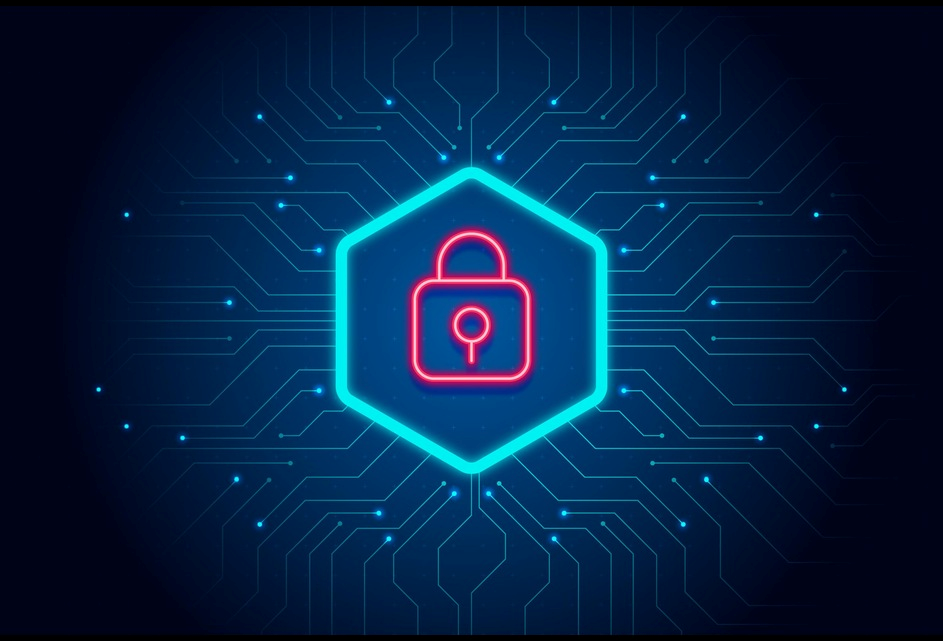Ethical hacking, which is also referred to as “penetration testing,” refers to the process of identifying and exploiting vulnerabilities in computer systems and networks with the aim of testing their security measures. The primary objective of ethical hacking is to identify and report vulnerabilities before malicious actors can exploit them. Ethical hacking has become an essential component of cybersecurity, as it provides organizations with the ability to identify and fix vulnerabilities in their systems, preventing cyberattacks and data breaches. In this article, we will discuss the benefits and limitations of ethical hacking in cybersecurity.

Benefits of Ethical Hacking
Identifying Security Vulnerabilities
The primary benefit of ethical hacking is its ability to identify security vulnerabilities. Ethical hackers use the same techniques as malicious actors to identify and exploit vulnerabilities in computer systems and networks. This enables organizations to identify and patch security flaws before they can be exploited by malicious actors. By proactively identifying and addressing vulnerabilities, organizations can improve their overall security posture, protecting sensitive data and systems from cyberattacks.
Enhancing Security Controls
Ethical hacking also enables organizations to evaluate the effectiveness of their security controls. By simulating real-world cyberattacks, ethical hackers can test an organization’s security controls and identify weaknesses in their defenses. This enables organizations to make informed decisions about where to allocate resources to improve their security posture.
Meeting Regulatory Requirements
Many regulatory frameworks, such as HIPAA and PCI DSS, require organizations to conduct regular security assessments to ensure compliance with industry standards. Ethical hacking can help organizations meet these regulatory requirements by identifying and addressing vulnerabilities in their systems.
Cost-Effective Security Testing
Ethical hacking is a cost-effective way to test an organization’s security posture. Unlike traditional security assessments, which can be expensive and time-consuming, ethical hacking can be performed remotely and quickly. This enables organizations to test their security defenses without incurring significant costs.
Enhancing Security Awareness
Ethical hacking can help enhance security awareness within an organization. By simulating real-world cyberattacks, ethical hackers can provide employees with training on how to identify and respond to security threats. This can help create a culture of security within the organization and reduce the likelihood of successful cyberattacks.
Proactive Security Management
Ethical hacking enables organizations to take a proactive approach to security management. Instead of waiting for a cyberattack to occur, ethical hacking can help identify vulnerabilities and weaknesses in an organization’s security defenses before they can be exploited. This enables organizations to address security issues before they become major problems.
Competitive Advantage
Organizations that invest in ethical hacking and maintain strong cybersecurity defenses can gain a competitive advantage over their competitors. Customers and stakeholders are becoming increasingly aware of cybersecurity risks and are more likely to do business with organizations that take security seriously. By demonstrating a commitment to cybersecurity, organizations can enhance their reputation and attract new customers.
Limitations of Ethical Hacking
False Sense of Security
One of the primary limitations of ethical hacking is that it can create a false sense of security. Ethical hacking can only identify vulnerabilities that are known to the ethical hacker. It cannot identify unknown or zero-day vulnerabilities that could be exploited by malicious actors. Therefore, organizations must understand that ethical hacking is only one component of a comprehensive security strategy.
Scope Limitations
Ethical hacking is only effective within the scope of the engagement. Ethical hackers are typically given a limited set of systems and networks to test. This means that vulnerabilities outside of the scope may remain undiscovered.
Legal and Ethical Concerns
Ethical hacking is a sensitive and potentially risky activity. If not conducted appropriately, ethical hacking can lead to legal and ethical concerns. Organizations must ensure that they are working with qualified and reputable ethical hackers who follow ethical guidelines and legal requirements.
False Positives
Ethical hacking can result in false positives, which can be time-consuming and costly to address. False positives occur when ethical hackers identify a vulnerability that is not actually exploitable by malicious actors. Organizations must have the resources to address false positives and distinguish them from actual security threats.
Conclusion
Ethical hacking plays a critical role in cybersecurity, enabling organizations to identify and address vulnerabilities in their systems and networks. By proactively testing their security defenses, organizations can improve their security posture, protect sensitive data and systems from cyberattacks, and meet regulatory requirements. However, ethical hacking has its limitations, and organizations must understand that it is only one component of a comprehensive security strategy. To ensure the effectiveness of ethical hacking, organizations must work with qualified and reputable ethical hackers who follow ethical guidelines and legal requirements.

